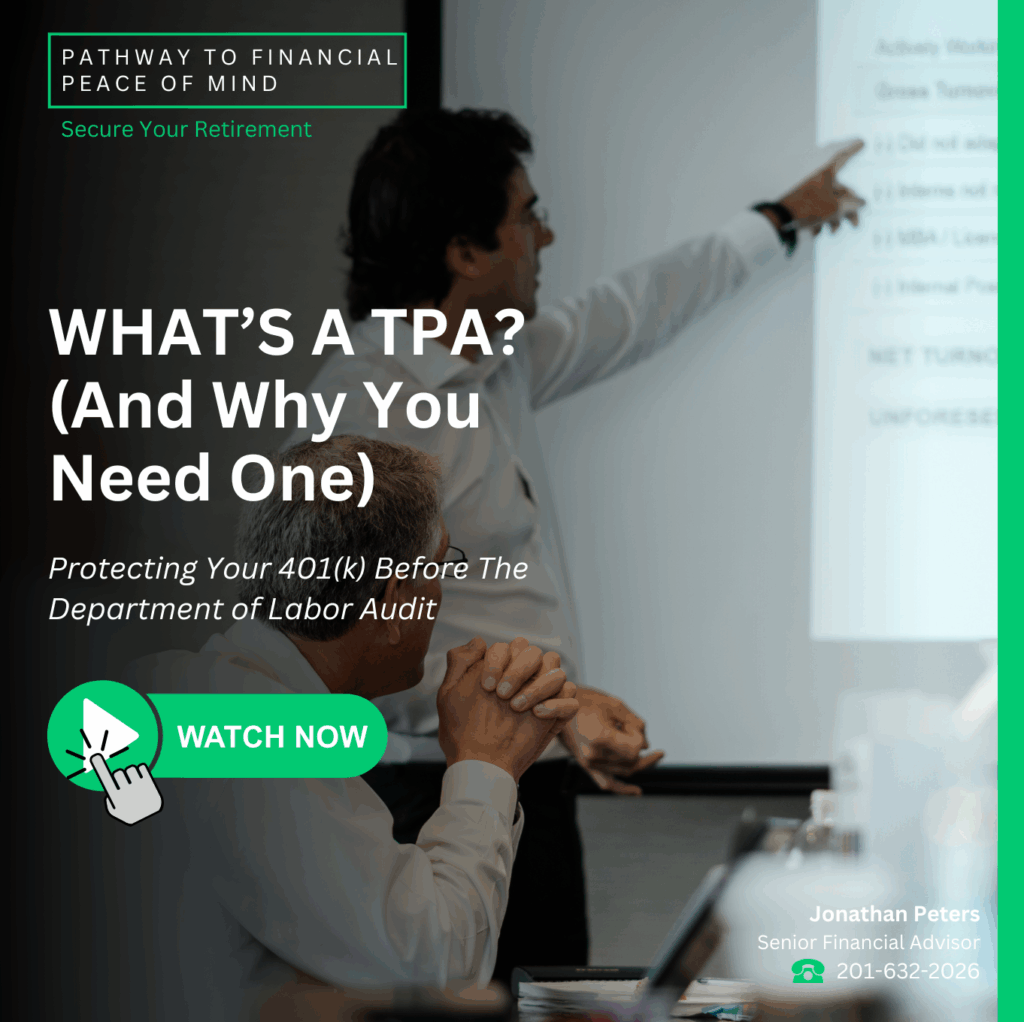In the last two years, I’ve faced many challenges.
In February 2017 my wife, who’d been fighting breast cancer for seven years, received more bad news: the cancer had metastasized, spreading to her lungs. We digested this and soldiered on, only to find out in October that my sister, too, was diagnosed with cancer. A month after that, my therapist of 14 years suddenly died from undiagnosed lung cancer. And then in April 2018 my wife finally succumbed to the cancer she’d been fighting for so long.
After a year of cancer-related tragedies, I thought I’d passed the worst. But there were more hardships in store for me. In May, merely three weeks after my wife’s death, the sister of a very good friend of mine was killed in a highly-publicized accident involving a bus full of fifth graders and a bus driver indicted for reckless driving. Two weeks later, my friend had a seizure. When I got to the hospital, he gave me the awful news: he’d been diagnosed with glioblastoma, an aggressive brain cancer, and doctors gave him 18 months to live.
These last two years have been difficult for me, to say the least. I spent some time in a coma-like state, just doing the things I knew I must without really seeing a point to it all. I existed. I was physically present. But mentally, I was a wreck.
I share these stories with you to bring home one key truth: life is short and unpredictable.
We all hope tragedies like these won’t happen to us. We like to think they won’t. But sometimes they do. We don’t know what life has in store for us, what’s waiting around the corner. Sometimes, it’s something wonderful; sometimes it’s terrible. But because it’s always unknown, it’s important to plan as best as we can.
The one silver lining in all of this is that my experiences help me connect better with clients going through their own struggles. I’ve said it before, but it’s a sentiment worth repeating: plan for the worst and hope for the best. As a financial planner, it’s my job to help my clients plan for their futures, the good and the bad. I know people don’t want to think about tragedy. I certainly didn’t, even when I was in the middle of it. But if you plan now, in the good times, it’ll save you stress in the bad times.
So what should you do to prepare for the future? The most basic things are create a will, designate a power of attorney, and write a health care directive. Other things to consider are if you want to leave a legacy to kids or grandkids, how to dispose of your estate, and how to pay for long-term care should you need it. Planning for the future doesn’t have to be complicated.
It’s all about protection: protecting your assets, your health, and your family. Once you’ve put all the pieces of the puzzle in place so everyone is protected, once all the gaps are filled, then you can relax and truly live life to the fullest.
Need help with your plans? Click here to schedule a free virtual consultation. I’ll take a look at your current situation and offer advice on how to best plan for the future.



